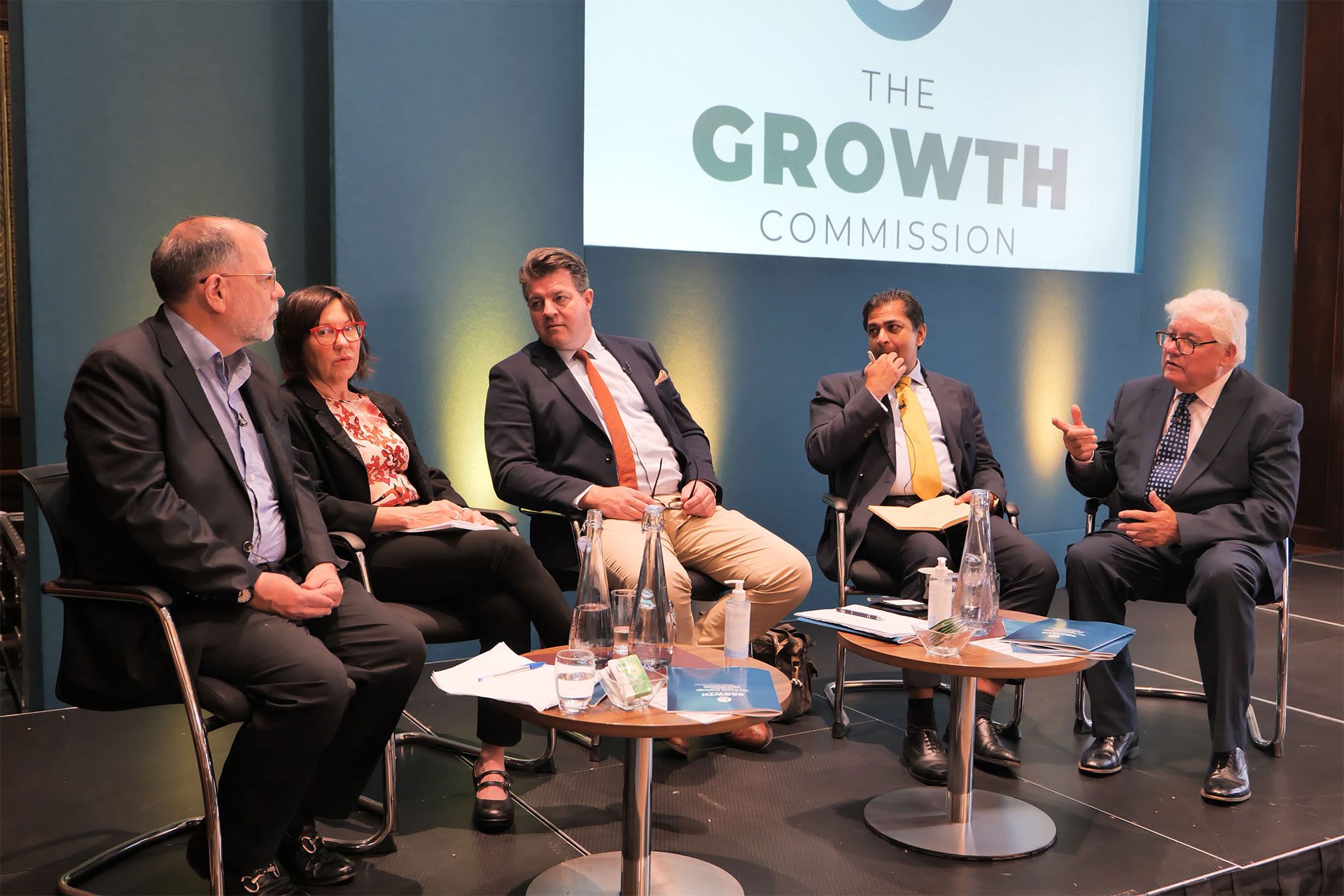
The Case for Growth
Over recent decades developed Western countries have experienced an alarming trend of declining growth in income per person. Low growth has become widely accepted as the ‘new normal’ and a sense of fatalist inevitability has reigned, while the economic debate among the political class has become centred on redistributive policies and more and increasingly onerous regulation. Public institutions have adopted a short-sighted approach of ever-increasing fiscal expansion amidst a backdrop of lax monetary policy to tackle the economic malaise.
The UK presents a telling case study of these challenges. The country’s public expenditure increased by around a fifth over the course of the recent coronavirus pandemic and this trend shows no sign of abating. Average annual productivity growth between 2007 and 2019 has been a necrotic 0.2%. The Office for National Statistics estimates that if productivity had continued to grow at 2% in the last decade, as it did in the three decades before the financial crisis, the average worker in the UK would be £5,000 a year richer. Consequently, median incomes in the UK have fallen below the average of developed countries, including Norway, Switzerland and the US—and by 2030 are projected to fall below those of Poland.
Economic growth must remain a top priority. With ageing populations and increasing demands for more and improved public services, a lack of growth is putting immense pressure on living standards. Neglecting growth will force us further down a path of higher taxes and spending. The potential consequences of this extend beyond our citizens to our global standing, jeopardising our ability to counter regimes that seek to undermine the foundations of a free and open society.
